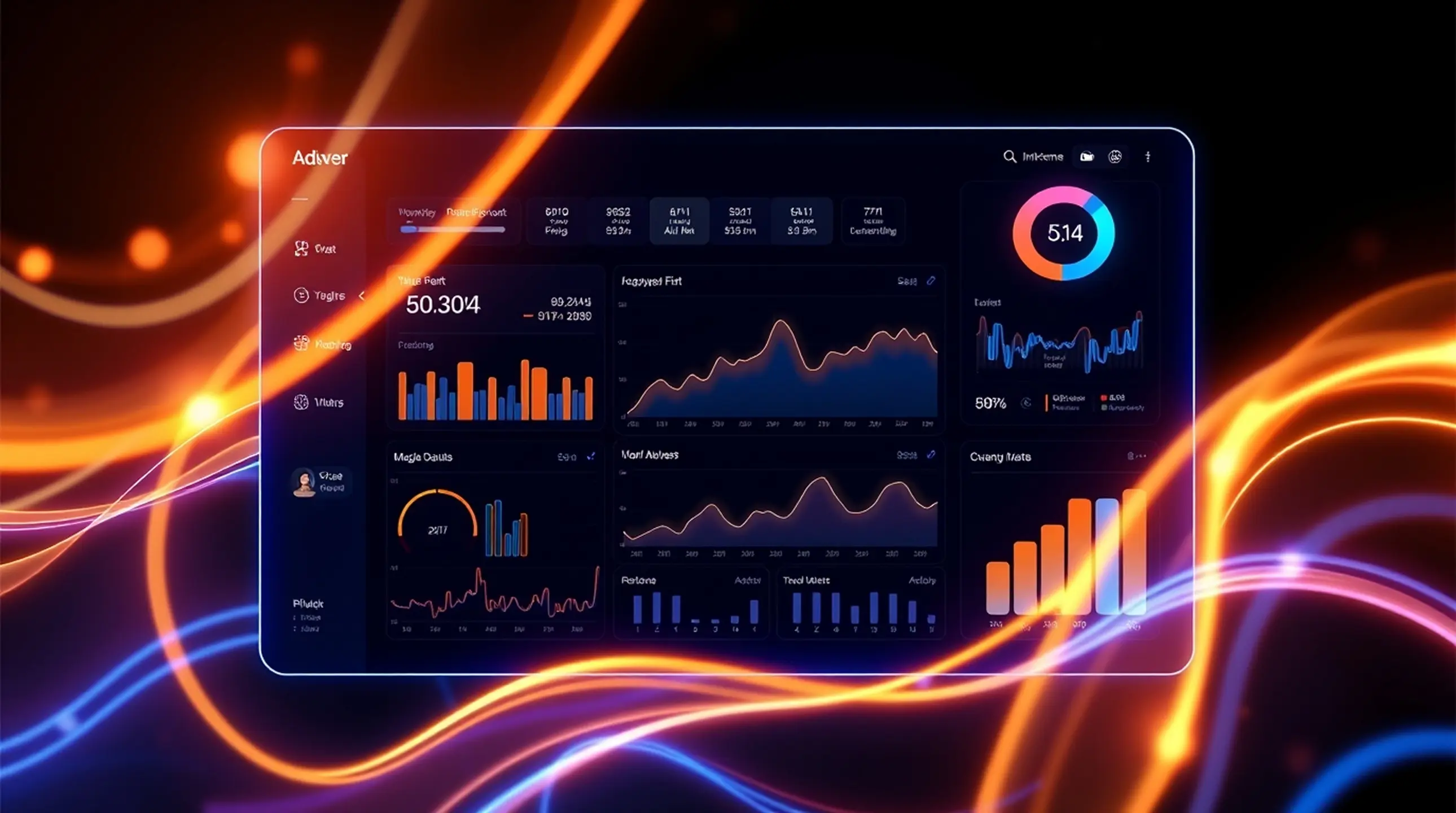Biodiversity is the intricate web of life that sustains our planet, providing essential ecosystem services from clean air and water to pollination and climate regulation. Yet, it faces unprecedented threats from habitat loss, climate change, pollution, and unsustainable resource exploitation. Traditional conservation efforts, often reliant on manual data collection and reactive interventions, struggle to keep pace with the scale and complexity of these challenges. The sheer volume of ecological data, coupled with the intricate relationships within ecosystems, makes this a perfect domain for **Artificial Intelligence and advanced predictive modeling**.
At Zyllica, we harness the power of AI and predictive analytics to revolutionize conservation. Our methodology integrates diverse ecological datasets—from satellite imagery to climate data—to build sophisticated models that predict the vulnerability of species and habitats to future threats. This shifts conservation from guesswork to a proactive science, optimizing the allocation of limited resources for maximum impact.
Implementing AI for biodiversity offers profound benefits for environmental agencies and governments. Our solutions provide a predictive framework to anticipate threats before they escalate, optimize resource utilization for maximum ecological impact, and accelerate the pace of conservation outcomes. This empowers organizations to move beyond reactive measures, transforming ecosystem protection into an intelligent, scalable, and highly impactful strategy for a healthier planet.
Contact Zyllica's Science Team to discuss how AI can protect our planet's invaluable natural heritage.
More Thought-Provoking Insights

Water scarcity is a global challenge. This article explores how AI can transform traditional, reactive water management into a proactive and predictive science, enabling intelligent consumption rationalization and ensuring a sustainable water future.

Effective water resource management is hindered by unmetered water concessions. This article explores how AI and advanced inferential modeling can transform this critical blind spot into a powerful asset, enabling authorities to make informed decisions and achieve a more complete water balance.

Industrial operations are vital for economic growth, but often have a significant environmental footprint. This article explores how AI and advanced analytics can revolutionize industrial emission control, transforming it from a reactive necessity into an intelligent, optimized, and highly effective operational advantage.